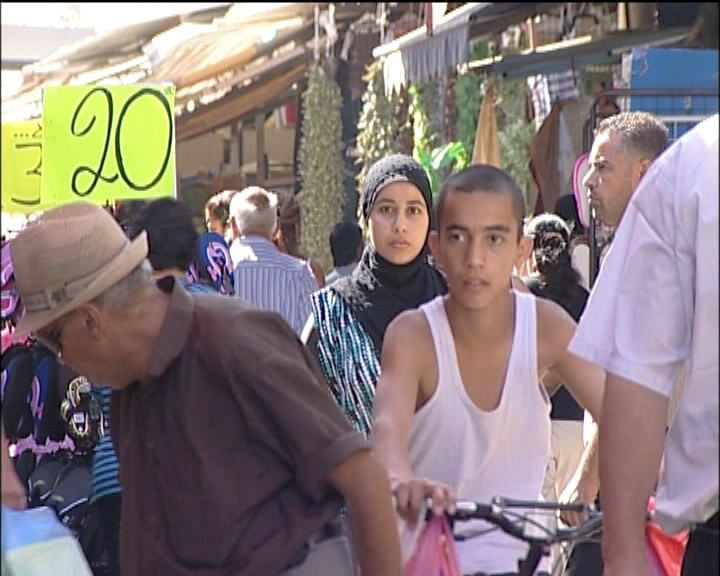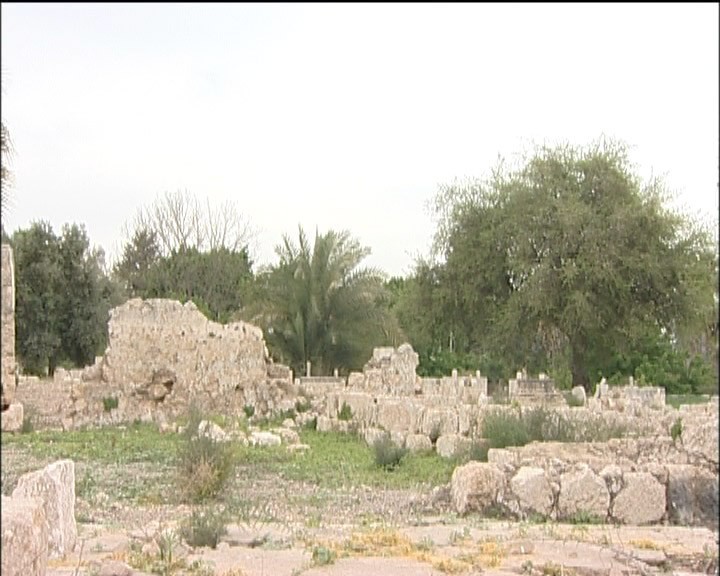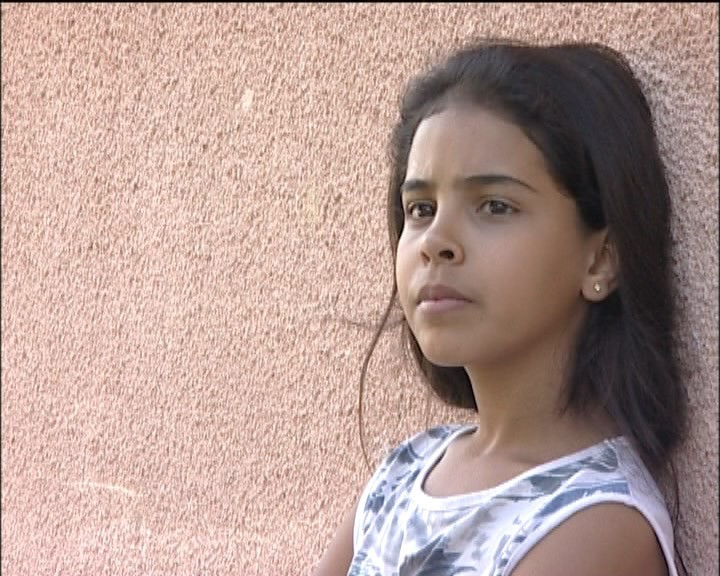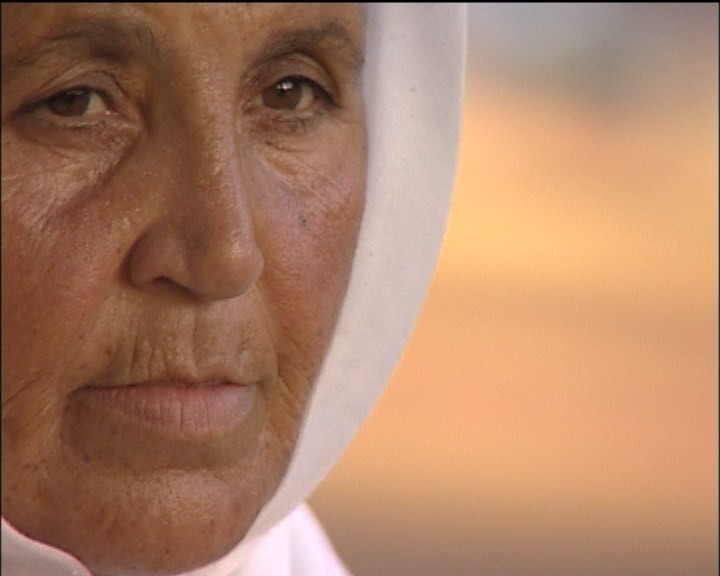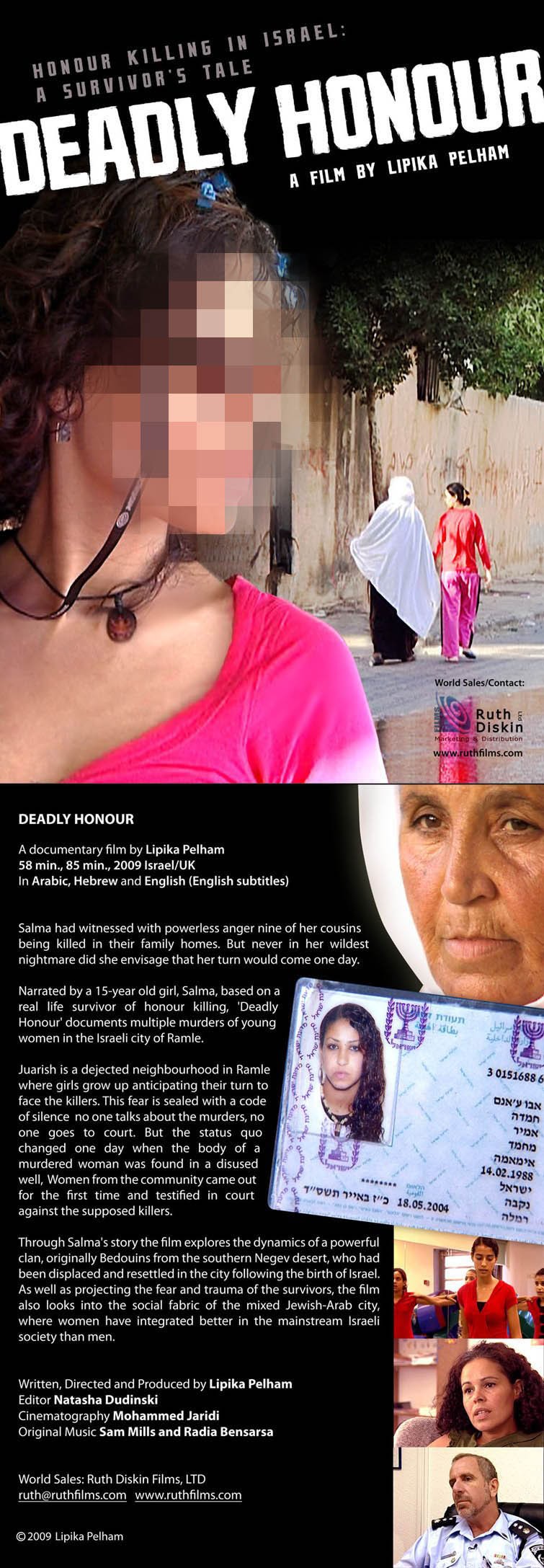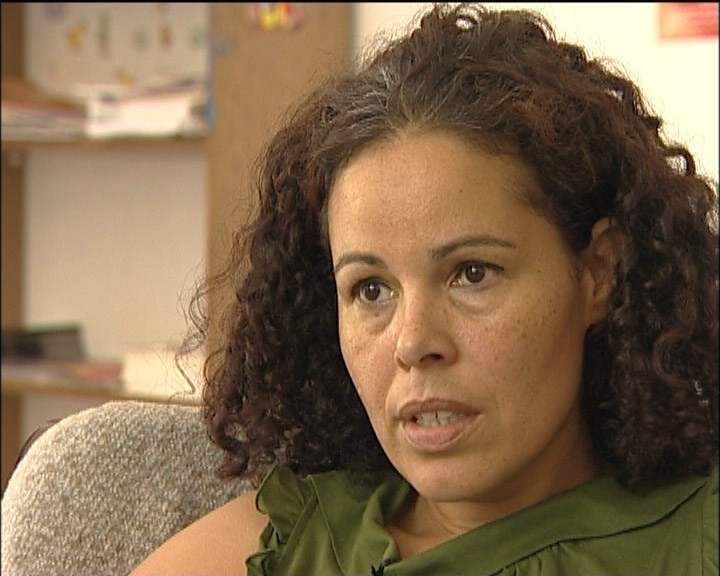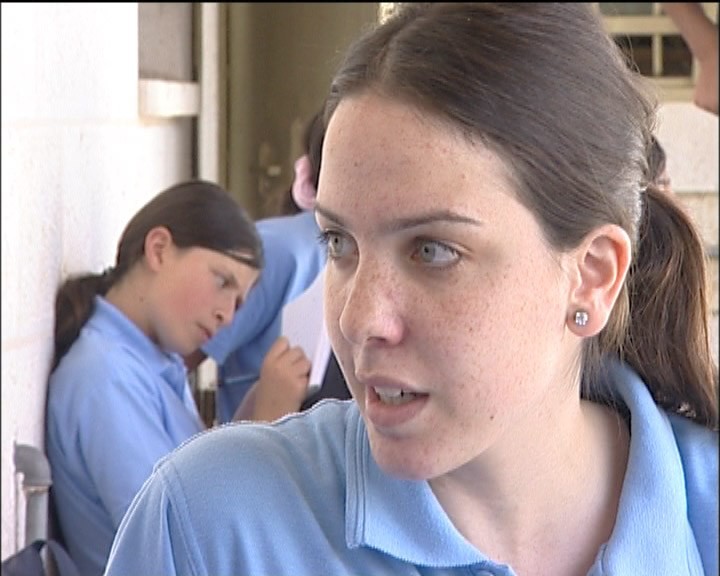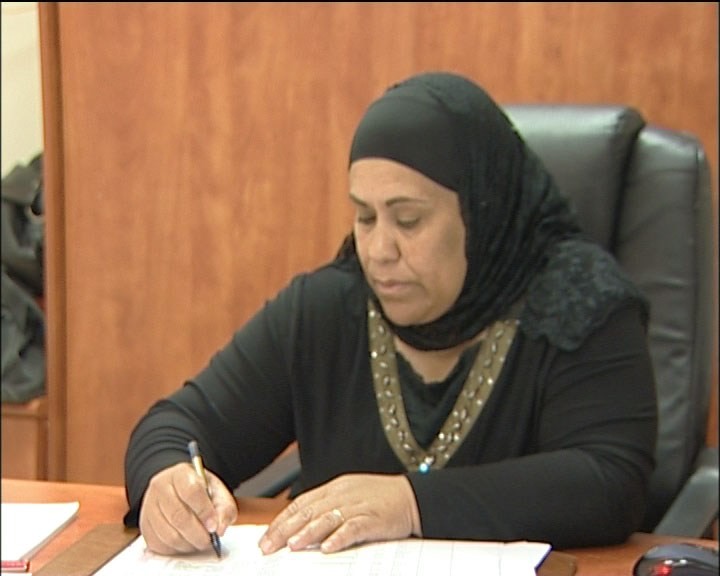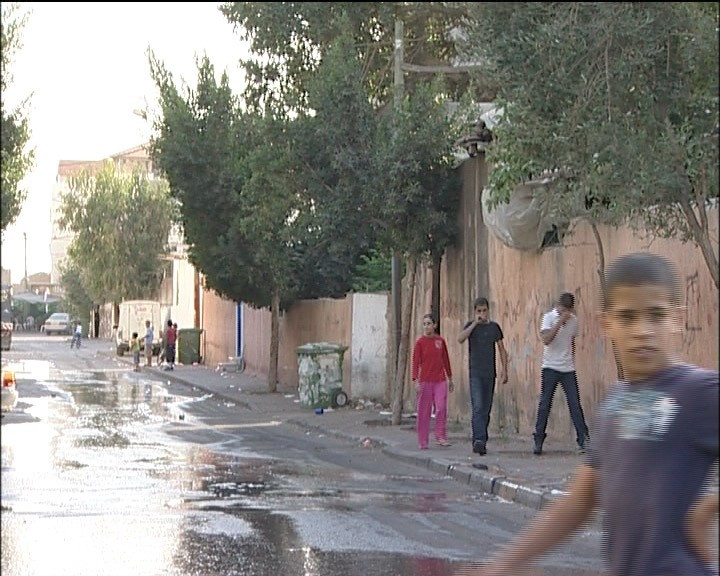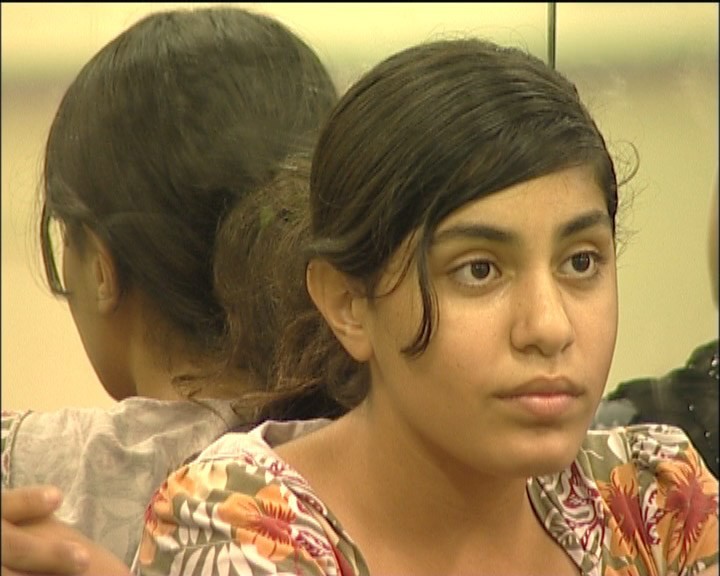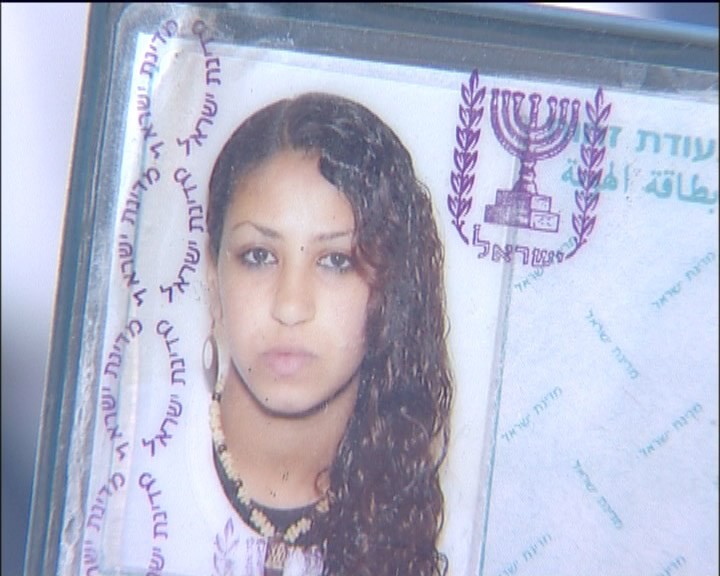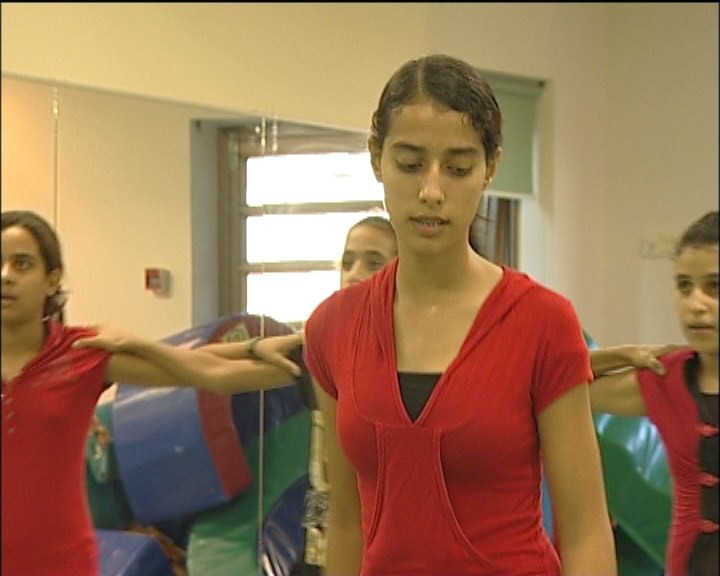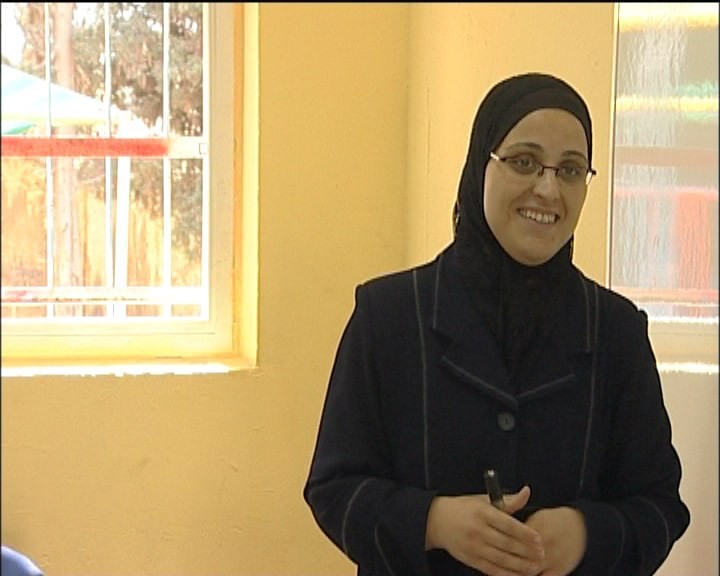Narrated by a 15-year old girl, Salma, based on a real life survivor of honour killing, 'Deadly Honour' documents multiple murders and attempted murders of young women in the Israeli city of Ramle. Juarish is a closed neighborhood in Ramle where young girls grow up in fear anticipating their turn to face the killers. This fear is sealed with a code of silence – no one talks about the murders, no one goes to court. But the status quo changed one day when the body of a murdered woman was found in a disused well in the forest.
Synopsis
Narrated by a 15-year old girl, Salma, based on a real life survivor of honour killing, 'Deadly Honour' documents multiple murders and attempted murders of young women in the Israeli city of Ramle. Juarish is a closed neighborhood in Ramle where young girls grow up in fear anticipating their turn to face the killers. This fear is sealed with a code of silence – no one talks about the murders, no one goes to court. But the status quo changed one day when the body of a murdered woman was found in a disused well in the forest.
Awards
- Special Jury Award - CMCA International Film Festival, France, 2010
- Special Jury Remi Award - WorldFest Houston International Film Festival, USA, 2010
Festivals
- Festival De Libertes, Belgium, 2011
- Tunis Documentary International Film Festival, Tunisia, 2011
- Detective International Film & TV Programs, Moscow, Russia, 2011
- Chungmuro International Film Festival, South Korea, 2010
Press & Links:
Ghosts of the Displaced by Lipike Pelham
MY grandmother lived in three countries without ever moving. The Bengali village where she was born, married, had five children and became a widow saw its political boundaries change from British India to Pakistan to Bangladesh between 1947 and 1971. My grandmother was a storyteller, and when I was growing up in that village, her imagination recreated for me altered allegiances and divided houses.
When I decided to move to Jerusalem with my family in 2005, I was curious about what it would be like to live in a divided city. The partition of Palestine and that of Bengal and Punjab took place within a year of each other and bore similar hallmarks of the hasty withdrawal of the old colonial order.
In Jerusalem, our first house was part of a grand Arab duplex on a street called Emek Refaim, “the valley of ghosts.” It had tall arched windows and ceilings so high that whenever I found myself alone, I had the feeling of being in a church. Later, I would read about the history of this part of West Jerusalem and learn that the house had indeed been owned by a Christian Palestinian family, who were dispossessed following the 1948 Arab-Israeli war that was set off by the creation of Israel.
For the entire by Lipika Pelham at the New York Times, check: http://www.nytimes.com/2014/03/23/opinion/sunday/ghosts-of-the-displaced.html?ref=opinion&_r=1
Israel's Secret Honor Killings. Inside Israel’s Bedouin communities, the practice of killing women who stain the family’s “honor” is experiencing a dark revival.
For the entire article by Filmmaker and Author Lipika Pelham, check:
http://www.thedailybeast.com/articles/2014/03/08/israel-s-secret-honor-killings.htmlThe 85 minute docu-drama was made by British-Indian journalist Lipika Pelham, and centers on the story of “S,” a native of the Jawarish neighborhood in Ramle, who in 2001, at age 21 survived being shot in her family home five times, including twice in the head, by masked assailants believed to be her cousins.
For the entire review by Ariel Jerozolimski/Jerusalem Post, check: http://www.jpost.com/NationalNews/Article.aspx?id=245484
Filmmaker Lipika Pelham speaks about her film DEADLY HONOUR on YouTube:
http://www.youtube.com/watch?v=kvEopKt2JssPelham's is an important and brave film.
Jacqueline Levitin/ Vancouver Community Network, October 2010
To read the entire review please follow the link:
http://www.vcn.bc.ca/outlook/
current_issue/Outlook website 10/Sep-Oct 10/Films.pdf -
Festivals
- Festival De Libertes, Belgium, 2011
- Tunis Documentary International Film Festival, Tunisia, 2011
- Detective International Film & TV Programs, Moscow, Russia, 2011
- Chungmuro International Film Festival, South Korea, 2010
- The 15th Prix CMCA Int'l Documentary & Reportage Film Festival, Marseille France, 2010
- Sole Luna Int'l Film Festival, Italy, 2010
- Isratim Montreal, Canada, 2010
- WorldFest Houston International Film Festival, USA, 2010
- DocAviv Int'l Film Festival, Israel, 2010
- Jewish Motifs Film Festival, Warsaw, Poland, 2010
- Isratim Film Festival, Paris, 2010
- India Int'l Women Film Festival, Special Showcase for Ruth Diskin Films, December 2009
- San Diego Jewish Film Festival, USA, 2010
Educational
- Emory University
- University of Chicago
- Arab Center for Social Research, Israel
- Milwaukee Coalition for Jewish Learning
- Ohio State University
- Alkazar Library, France
- Harvard University
- University of Pennsylvania
- Dickinson College
- Georgetown University
Awards
- Special Jury Award - CMCA International Film Festival, France, 2010
- Special Jury Remi Award - WorldFest Houston International Film Festival, USA, 2010

